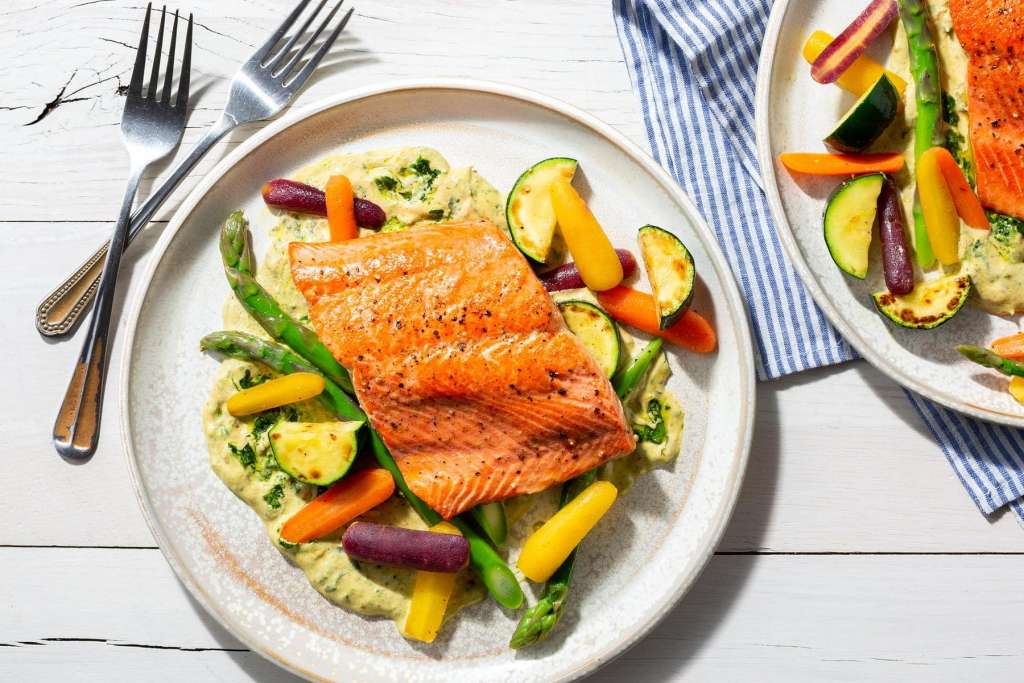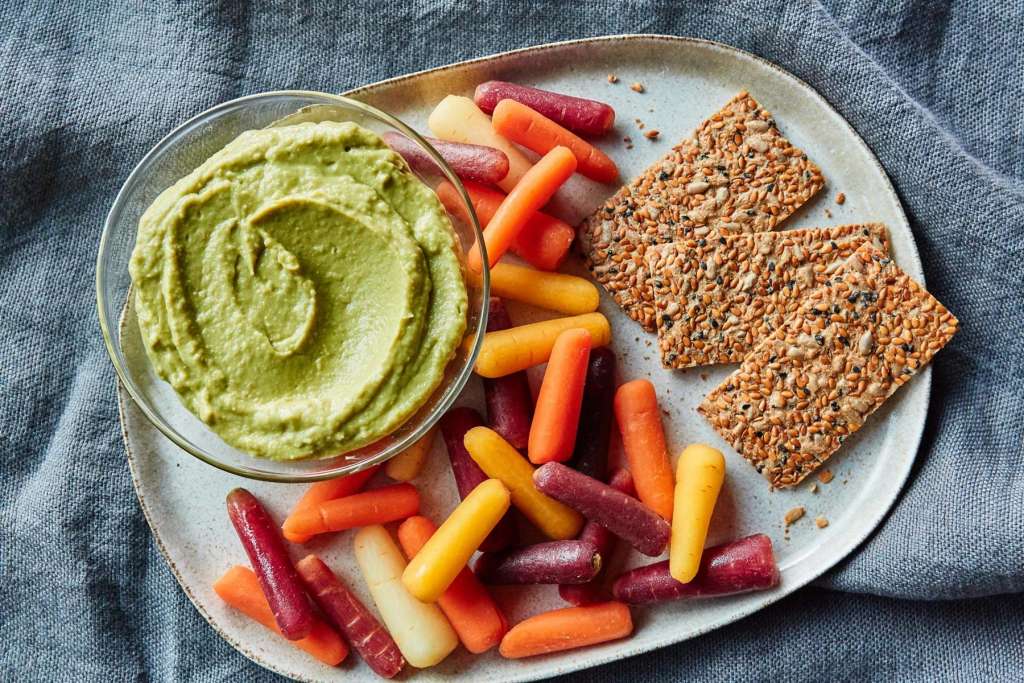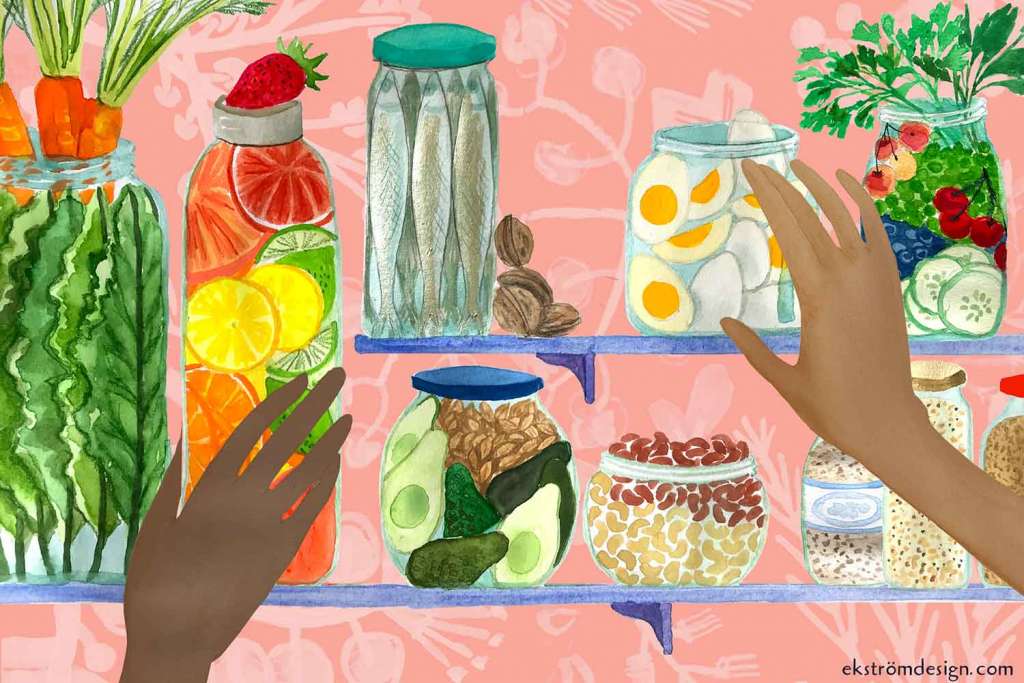Food Really is the Best Medicine

The idea that food is medicine is not a new one. After all, Hippocrates famously espoused it back in the fifth century B.C.E. The idea is not new in the realm of research, either. Randomized trials show that high blood pressure, pre-diabetes, dyslipidemia, and coronary artery disease—just to name a few—can be treated with food (and, at times, other lifestyle interventions) as effectively as with state-of-the-art pharmacotherapy.
The question becomes, what diet is the most healing of them all?
Despite our culture’s constant efforts to overcomplicate this question, we actually have a straightforward answer. When we look at the weight of aggregate evidence through the lens of common ground and common cause, we know that it’s dietary patterns that matter, not individual nutrients, extracts of “superfoods,” or intricate formulas of macro and micronutrients. The diet industry and profit-hungry corporations may benefit from isolating nutrients and slapping strategic marketing claims on food labels, but the public health does not. If the goal is to enhance health, happiness, and longevity, the best therapy is a plant-predominant diet of wholesome, high-quality whole foods.
A paper recently published in The Lancet entitled: Health effects of dietary risks in 195 countries, 1990-2017: a systematic analysis for the Global Burden of Disease Study 2017 reinforces this simple, life-changing dietary advice. This massive, global research project involved many scientists. Unbiased, impartial funding (which is hard to come by and often a major limitation for most research studies) for the endeavor came from the Gates Foundation. The study calculated the number of deaths and DALYs (disability-adjusted life years) attributable to diet across various disease states.
The basic findings were:
In 2017, nearly 11 million deaths and 255 million DALYs were estimated to be attributable to dietary risk factors.
Although sodium, sugar, and fat have been the main focus of diet policy debate in the past two decades, this assessment shows that the leading dietary risk factors for mortality are diets that are:
- high in sodium
- low in whole grains
- low in fruit
- low in nuts and seeds
- low in vegetables
- low in omega-3 fatty acids
*Each of the above accounting for more than 2 percent of global deaths.
The researchers note, “Our findings show that suboptimal diet is responsible for more deaths than any other risks globally, including tobacco smoking, highlighting the urgent need for improving human diet across nations.”
This global study aligns with a great mass of prior evidence, including a quite similar look from high altitude focused on only the U.S. It confirms all we’ve learned from the world’s Blue Zones (areas around the globe with the longest-living groups of people). And it corrects the distorted view offered by the large PURE study, which misguidedly focused on macronutrients rather than foods and dietary patterns.
The right food—whole, minimally processed, mostly plant-foods—really is the very best of medicine. And unlike many medicines, food can even be a source of pleasure, something to share with family and friends and make the centerpiece of celebrations. And the medicine we take to treat a given symptom or disease rarely makes us well in other ways. The right food always goes far beyond a targeted risk factor, symptom, or condition and contributes to health and vitality at its very foundations.
To read Dr. Katz’s full perspective on this subject, check out his original publication here.









